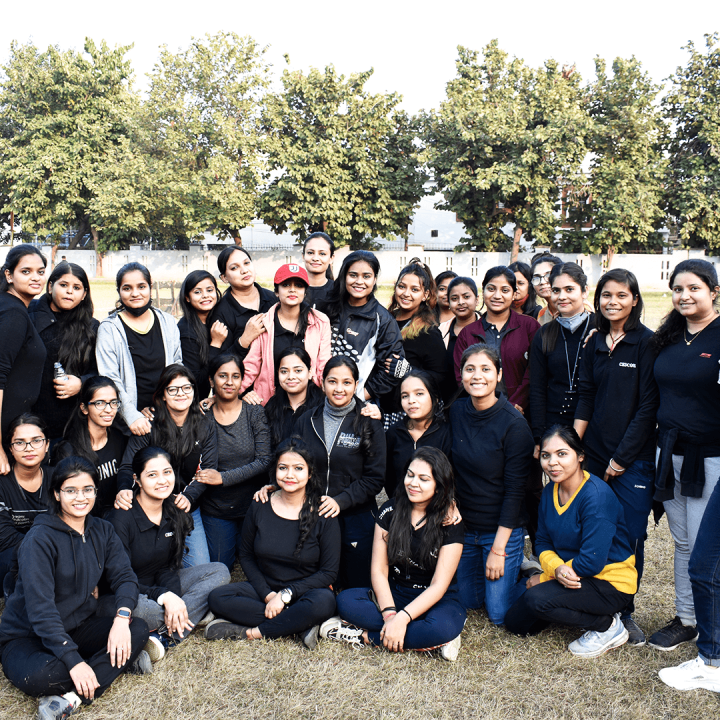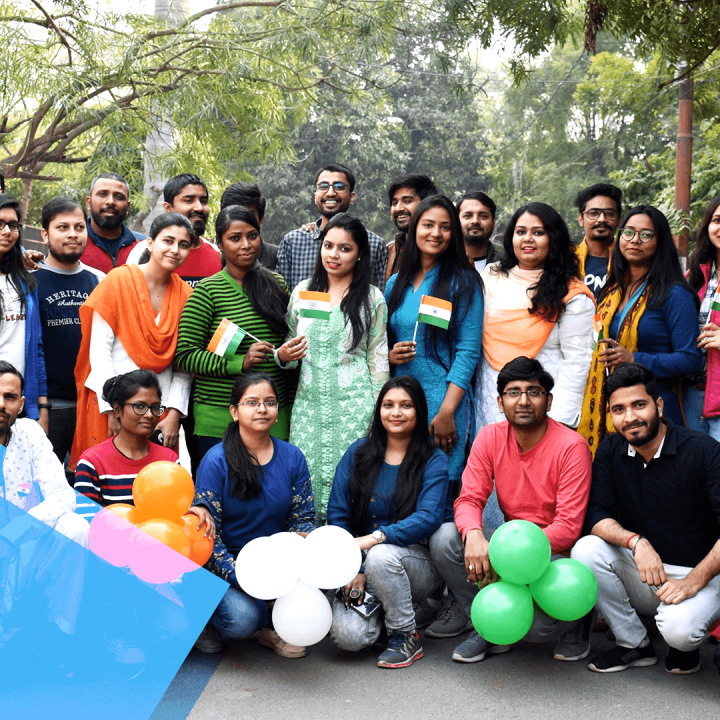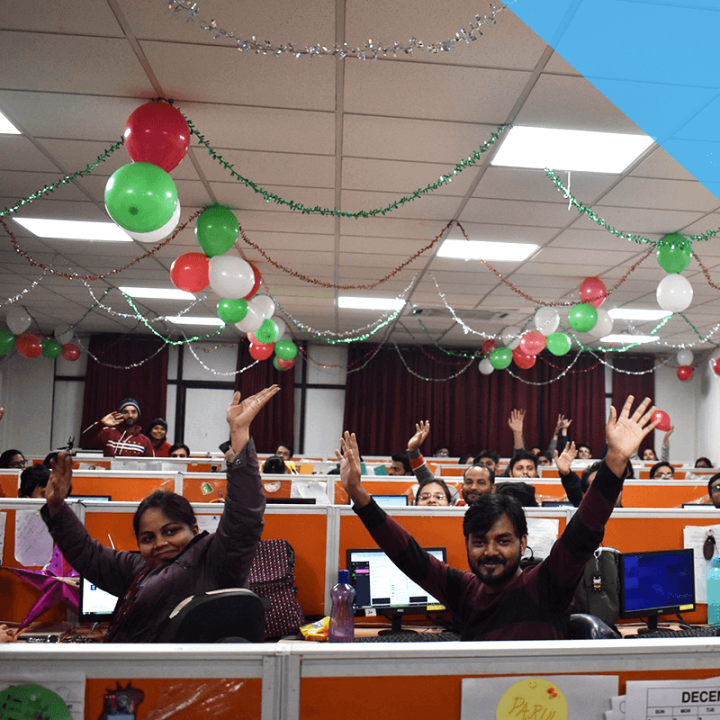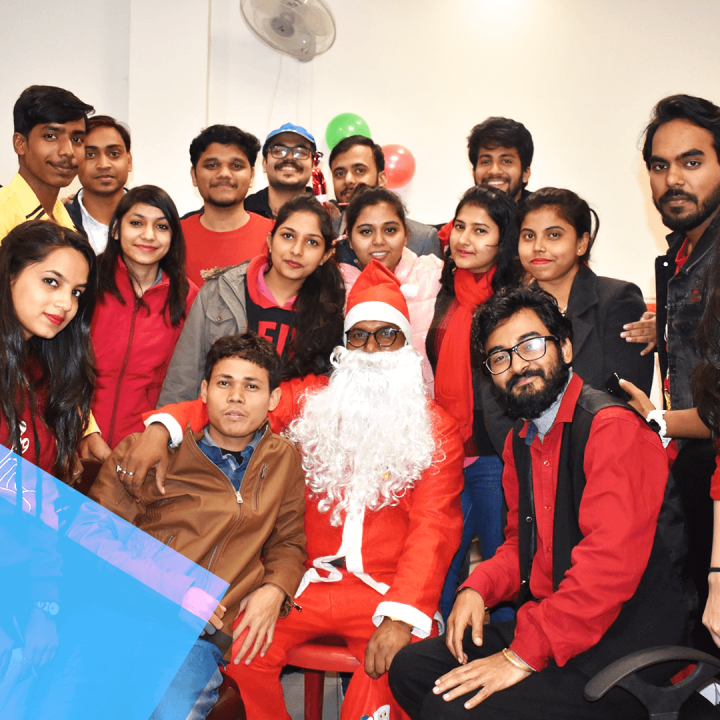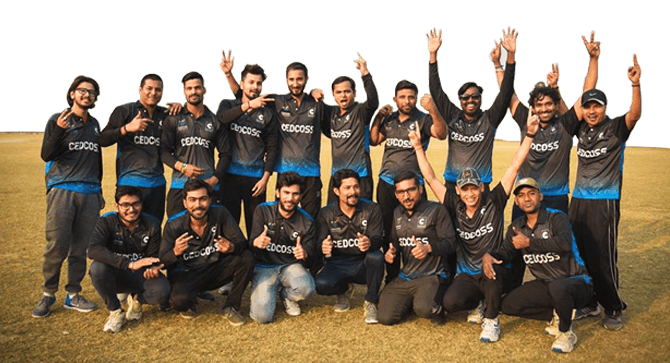Do’s and Don’ts of preparing for your interview
Did you picture that? Your ideal interview? Ever? Let us guess…Yes! Maybe a lot many times than we are predicting. And this happens to all of us. All the pre-interview jitters. However, what makes you distinct from the crowd is how well you are preparing for your interview.
Interviews become crucial for any candidate who is up for the job market today. With changing times, the process has gone through a sea change. Patterns and atmospheres have transformed, and hiring managers have transformed. We have already seen a paradigm shift from traditional workspace interviews to virtual setups—work from the office to work from home. And the list goes on.
But something that remains constant is your preparation for that big day. Lack of preparedness always reflects in a bad light. Therefore, we decided to help you in the process! By sharing our list of do’s and don’ts of preparing for your interview!
Before proceeding, let’s have a brief look at all that’s covered here.
- Do’s of preparing for your interview:
- Have a pre-check
- Focus on presentation
- Listen, and not hear
- Prepare open-ended questions
- End with a warm exit
- Don’ts of preparing for your interview:
- Go solo, not with someone
- Don’t forget to carry your resume
- Avoid foul-mouthing previous employer
- Don’t be late
- Discussing your salary early
Defining interview
Sociologist Pauline V. Young defines an interview as “A systematic method by which an individual enters more or less imaginatively into the inner life of a comparative stranger.”
Sociologically the definition makes a lot of sense. In simple terms, it would be a formal exchange between individuals for analyzing the interviewee’s suitability for the job role.
Aim of an interview
Therefore, its purpose comes down as a promising social exchange. In return, both sides are at the disposal of a meaningful outcome. Say the interviewer gets a candidate for the firm, and the interviewee gets a workspace for furthering his/ her skills. The whole process is directed towards getting a return where both pirates benefit from each other.
Types of interview
Under this section, we will note the various types of interviews based on the criteria of:
- Mode of communication
- Number of participants
- Stage of interview
Mode of communication
On the basis of mode of communication, the interview types can be stated as follows;


In-person interview,
where the interview takes place face to face between the interviewer and interviewee.
Written interview,
where the interviewee answers the questions sent by the interviewer in written communication. Formally via email.
Telephonic interview,
where the interviewee answers the interviewer’s questions over the medium of the phone.
Video conference interview, where the medium of the interview between the interviewer and interviewee is video.
Number of participants
On the basis of participant number, interviews are classified as follows;
Individual interview, where the interview takes place between a single interviewer and interviewee.
Panel interview, where the interviewee faces a panel of interviewers.


Based on this, there are further subdivisions in terms of panels like:
Leader Panel interview
This comprises a panel of interviewees where one acts as the leader for shooting questions. While the rest of the jury observes you for the questions.
Driller Panel interview
This is where you are drilled by the remaining panelists based on the questions shot at you by one of them at the beginning.
Positional play panel
This sort of interview sees panelists taking opposite opinions as a strategy to gage the candidate’s decision-making ability.
Independent panel interview
This is where the panel consists of different individuals who raise questions concerning their department of interest. That is, the panel is independent of each other. Say a group of HR, VP, and divisional supervisors.
Group interview, where the interviewer panel interviews a group of candidates together.
Stage of interview
Next in line is the interview stage, which refers to the commonly known rounds of interviews.
First Stage of interview,
where the candidate’s profile is fact-checked and screened. The mundane questions are posed, which are direct and to the point.
Second Stage of interview,
where the practical work scenario is laid for the candidate to face. Oftentimes, this happens to be the final stage of an interview process. If not, further rounds depend on the organization.
Apart from the mentioned criteria, interviews take place on certain other aspects as well, which include;


Behavioral-based interview
Technical interview
And lastly,
Campus interview
These would be the types in brief. While preparing for each. Make sure you study the approach well.
Do’s of interview
Now coming to our major segment of the blog. The do’s. We have briefed you about the scenario and how it goes. Now here’s looking at what you should absolutely do.
Have a pre-check
A company background check is a definite must-have. Read and research the company about where you are headed to. Read about the history of interviewers, company culture and careers, and achievements. This will prepare you for what’s next to come. Thus ensuring that you know the surroundings you are about to enter. This will give you an upper hand in your presentation.
Focus on presentation
Appearances are deceptive! Yes, we know that. But dressing per the interview is invariably expected out of you. This adds to how serious you are about undertaking this particular interview. If not complete formals, try to keep it neutral and neat. Because your first impression matters. A lot.
Listen, and not hear
An interview is indeed an exchange between two individuals. But it is important for you as a candidate to listen first and with patience. Not listening and superficial hearing can cost your responses. So listen, analyze and then respond to your interviewer. Maintain eye contact and look confident in your body language. Therefore, listening becomes a critical “do” for your interview.
Prepare open-ended questions
The interviewer lets you question too. So make sure you are confident enough with open-ended questions. This shall be done to get specific responses from them for statements that wouldn’t suffice in a yes or no. Prepare your answers for questions that would bring out specific and lingering answers. This way, you will also have better clarity about your interviewing firm.
End with a warm exit
The way you conclude your interview also holds immense impact. Wish your interviewer, give a firm handshake and convey best regards. A good sporting spirit also counts and highlights your organizational behavior to them. Thus, adding to your chances of selection. Be humble, be polite. But don’t be submissive. Draw a fine line and maintain the professional distance.
Don’ts of preparing for your interview
So far, we have read through the absolute do’s of preparing for your interview along with the defining and learning about the various types. Now it’s time to check the don’ts.
Go solo
We mean, do not tag along with a partner or a parent with this. When you go for an interview, make sure you go independent. The impression it casts on them is that if you cannot make an interview alone, how will you stand the work alone? So better take charge and go solo. Avoid tagging along with a family member.
Don’t forget to carry your resume
A hard copy of your resume is a must-have. It doesn’t matter if you have already mailed it to the interviewer. Carrying the same can help them discuss well on that. Be ready. Do not fumble or make haste. You should be confident in your resume and answer with poise. Sharing a hard copy with them will help you look good and serious. They will consider you more diligent and willing. So carry your resume.
Avoid foul-mouthing previous employer
This goes without saying. No matter what worked out or what did not. Your ability to not defame your previous employer for securing the present job speaks a lot about your character. Organizations seek employees who have a professional outlook. This also sends off an impression that if you wish to quit their firm after joining, you will bad-mouth them too. So try not to do that.
Don’t be late
Make sure you are a few minutes earlier than late. This is one of the major turndowns for interviewers, as they find your approach casual. Be on time and stick to the schedule. If you got reasons, they got reasons too. So at all costs, do not be late for your interview. Show them you are serious and stick to it.
Discussing your salary early on
We get it. It’s the most crucial bit. But if you rush into it, the interviewer will be off the impression that you are only here for the money. This will push your chances of securing the job further away. Negotiate and talk, but do not hurry to that part. Discuss all the pointers. But keep this towards the end.
Conclusion
With this, we have reached an end to our blog. We hope the information shared here helps your next preparation. All that has been put out is briefly curated to suit you. Do let us know for queries if you have any. Or drop us a comment below. We will be happy to help!
If you wish to connect with us for your next career move. Connect now. Connect here.


